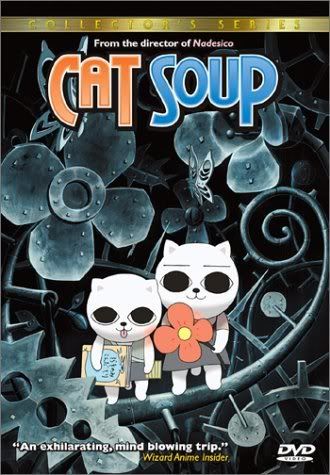 I watched the first today and enjoyed it quite a lot. I never knew this film had Yumi Takigawa as Matsu... After watching the extras on School of the Holy Beast I was under the impression that she never did a film like this again after SOTHB, but it looks as though she's just trying to cover her past. She seems really ashamed of these sorts of films in that interview.
I watched the first today and enjoyed it quite a lot. I never knew this film had Yumi Takigawa as Matsu... After watching the extras on School of the Holy Beast I was under the impression that she never did a film like this again after SOTHB, but it looks as though she's just trying to cover her past. She seems really ashamed of these sorts of films in that interview.I'd say this film is about on par with the 4th one. It's quite a different Matsu in this one, and she has a different back story, they don't just carry on where the last film ended, it's a complete restart of the franchise. I felt sorry for this Matsu more, maybe it's because Yumi Takigawa is so cute and innocent looking in comparison with Kaji who is just a sexy hard ass
 . Yumi Takigawa didn't play quite the bad ass that Kaji did. You see other prisoners say how much hate she has in her heart but I just couldn't buy that... again because she looks so cute.
. Yumi Takigawa didn't play quite the bad ass that Kaji did. You see other prisoners say how much hate she has in her heart but I just couldn't buy that... again because she looks so cute.I felt the film sort of lacked direction a little bit, some rivalries seem to just disappear which was weird. You have some surrealist/psychedelic moments as in the original 4 but I don't really think it was pulled off as well as in the first or Jailhouse 41. It's still nice to see that they didn't drop that stylistic angle though as it's part of the draw of the series for me. I tend to favor the more stylistic PV's over the grittier ones such as the Stray Cat Rock series and this film definitely delivered there.
I had heard much negativity about this film but I honestly don't see why. It's very entertaining and Yumi Takigawa is a good Matsu (though kaji will always be the Sasori in my eyes). I think a lot of the negativity comes from people who haven't seen the film and are just having a little moan over Meiko Kaji not being in it.



